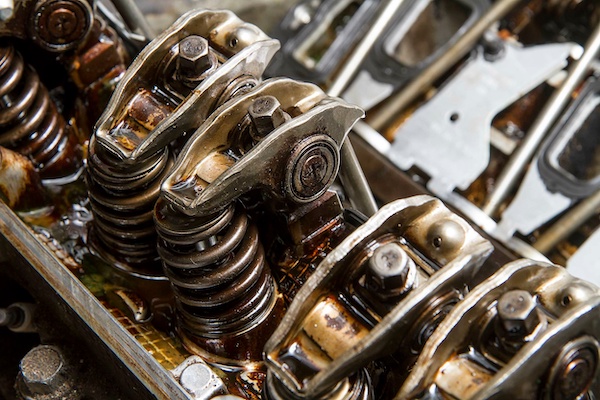
Oil sludge, also known as engine oil decalcification, is a result of the oxidation of oil in the engine. The process begins when the engine uses oil. The oxidation process breaks down oil molecules and releases free radicals, which react with other substances in your engine to create potentially harmful compounds.
The primary concern for most people regarding oil sludge is that it could damage their engine, especially when the motor begins to run hot. However, there are other concerns about the damage oil sludge can cause.
What Causes Oil Sludge?
Oil Sludge is one of the most common issues people encounter with their cars. The leading cause of oil sludge is faulty seal and gasket fittings on your engine. Oil sludge can build up on the slugs and rags used to change the oil in your car, resulting in a build-up of debris that causes problems with your car's performance and safety.
How to Prevent Engine Sludge Build up
Keep an eye on the dashboard when you start the vehicle. Does the oil change or check engine light come on? Both can indicate that it's time to replace the oil. Additional precautions consist of the following:
- Frequently replace the motor oil. For recommendations, go to your owner's handbook and follow the timetable provided. Ask the technician to inspect and, if necessary, clear away any oil sludge.
- Stay away from dense stop-and-go traffic. If possible, take other routes to avoid congested roadways.
- Often check the dashboard gauge to check if the engine is overheating.
Oil sludge is found in all engines and can harm all cars. The oil sludge, a by-product of engine oil, accumulates in low spots, such as parts of the engine where heat and pressure are concentrated. If you're due for an oil change, we invite you to bring your vehicle into Rix Automotive today!